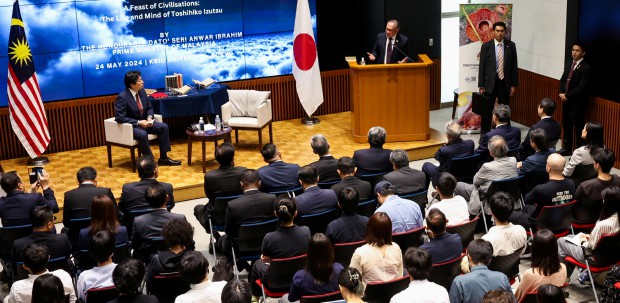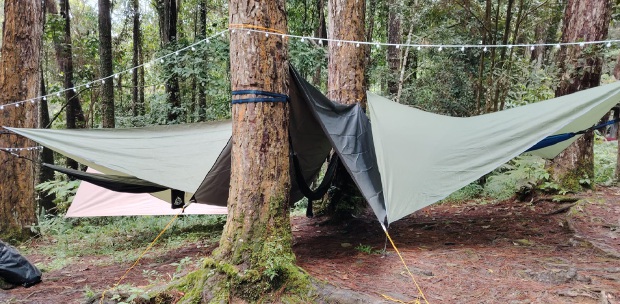KUALA LUMPUR: ALAWMAKER has called for an inquiry into the Klang Valley water crisis, saying those responsible for allowing the crisis to occur should be held accountable for the losses incurred.
Datuk Noor Ehsanuddin Mohd Harun Narrashid (BN-Kota Tinggi) demanded for a White Paper to be presented on the crisis, which affected districts in Selangor, Kuala Lumpur and Putrajaya earlier this year, spelling out the losses resulting from the Selangor government's decision not to go ahead with plans to build the Langat 2 water treatment plant four years ago.
"We need to analyse the impact of these water shortages that occurred since 2010.
"The decision made by the Selangor government at the time was not just an example of negligence or mismanagement, but could be seen as having criminal intent, given the difficulties caused to the people.
"A proper inquiry is needed to ensure that this does not happen again."
In reply, Deputy Energy, Green Technology and Water Minister Datuk Seri Mahdzir Khalid said as of March, 785 development projects could not be approved because of the water shortage.
"Since then, just 45 projects have been allowed to proceed.
"The water rationing exercises affected not only domestic users but also industrial areas.
"If we do not overcome this issue, many industries risk losing investors due to fears that a basic demand cannot be met.
"It is not just the people who suffer, the country is at stake as well."
Mahdzir said water reserves at the Sungai Selangor dam had been reduced by half this year, falling to 43 per cent this month from 97 per cent in June last year.
"This is a worrying situation, especially as we are expected to encounter the El Nino weather phenomenon."
As such, he said, contingency plans had been prepared to ensure adequate water supply before the expected completion of the Langat 2 plant in April 2017.
The plans include transferring raw water from Pahang to Selangor, improvements to cloud seeding technologies to ensure adequate rainfall in catchment areas and channelling disused mining pool water into the state dams.
"We are also in the final stages of studying the possibility of increasing supply from groundwater."




